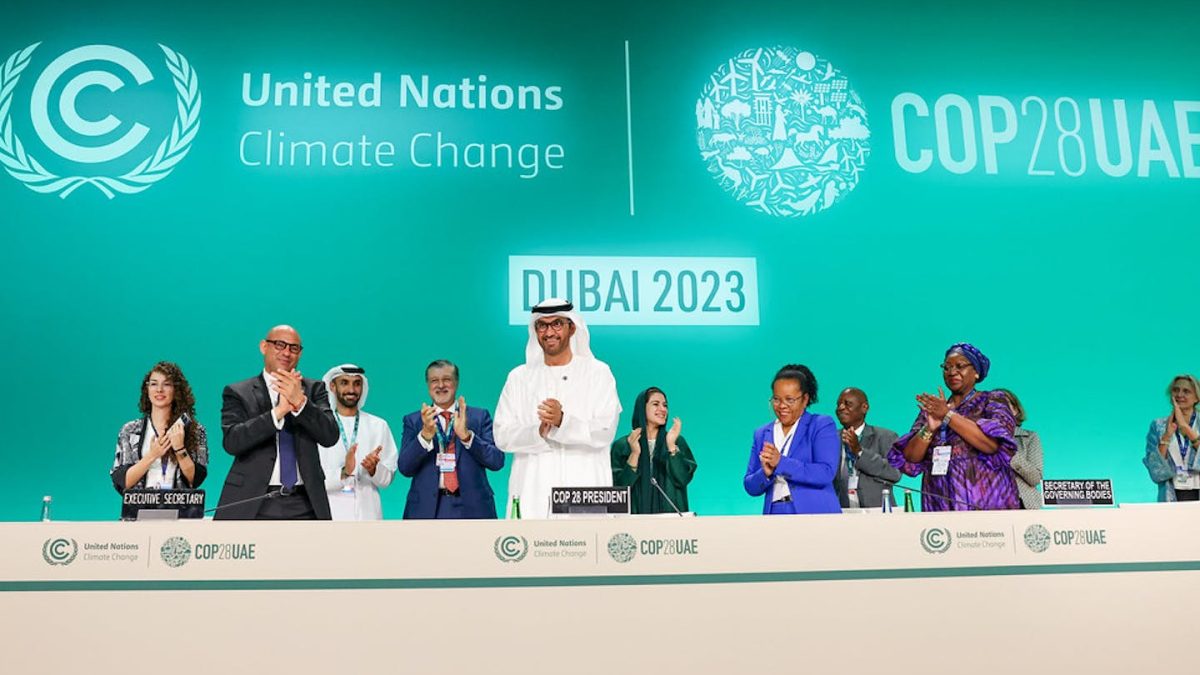COP 28: A Step Forward in Climate Justice

Photo Credit : Christopher Pike/flickr
The 28th United Nations Climate Change Conference (COP28) marked a significant milestone in the global fight against climate change. One of the key outcomes of the conference was the agreement by developed nations and major emitters to compensate developing countries that are experiencing the worst impacts of climate change.
This decision represents a major step forward in climate justice. It acknowledges the disproportionate impact of climate change on developing nations, which often lack the resources to mitigate the effects and adapt to a changing climate. These countries, despite contributing the least to global emissions, are often the most vulnerable to climate change impacts such as rising sea levels, extreme weather events, and disruptions to agriculture.
The agreement at COP28 signifies a recognition by developed nations of their responsibility in causing climate change and their role in helping to mitigate its impacts. This compensation mechanism can provide much-needed funds for developing countries to invest in climate resilience and adaptation measures, such as improving infrastructure, developing sustainable agriculture, and protecting vulnerable ecosystems.
However, this agreement is just the beginning. It is crucial that these commitments are followed by concrete actions. The funds need to be made available in a timely and accessible manner to the countries that need them the most. Furthermore, the amount of compensation needs to be commensurate with the scale of the climate crisis and the level of impact on developing countries.

